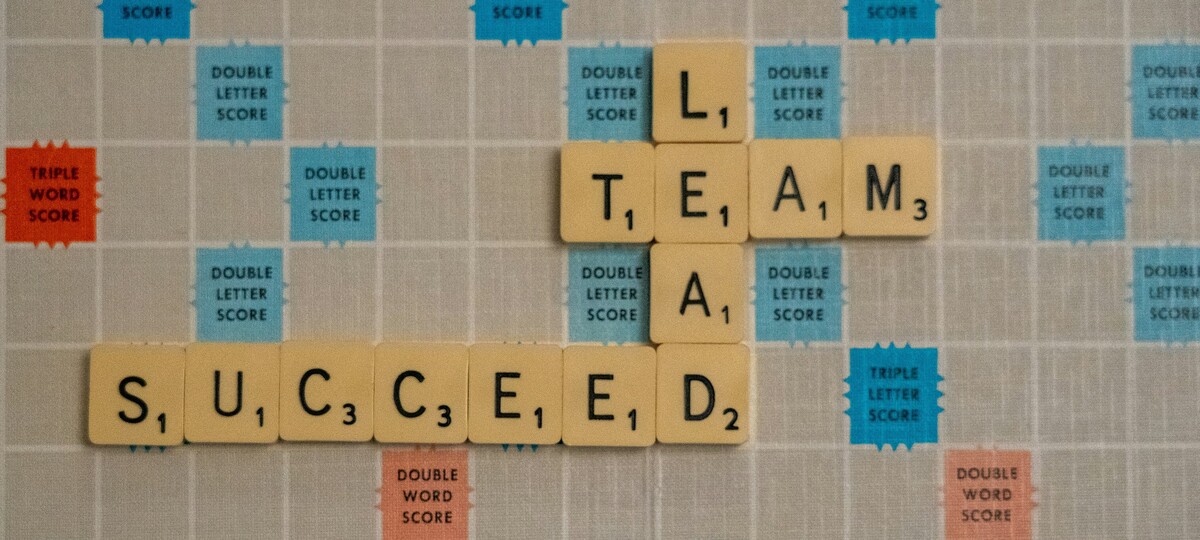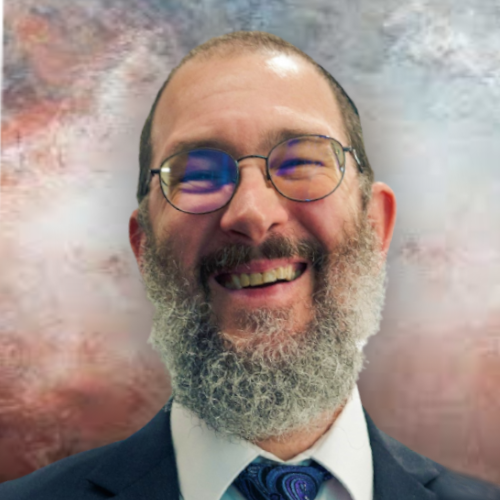
At the outset of my senior year of high school, in a moment of questionable judgment, I signed up for an elective course in engineering. I still recall the name of the teacher — John Clark — although I couldn't tell you anything we learned.
The one thing I do remember is this:
Mr. Clark had divided up the class and assigned a project for us to complete in groups. He laid out the objectives and expectations, explaining that he would grade us not as individuals but as a team. He then said, "The one who can do the least amount of work while the group succeeds, that person will be the smart cookie."
Of course, I might have reached the same conclusion on my own. But did he actually say that? Nearly half a century later, the remark still echoes in my memory, contrary as it was to the most fundamental principles of pedagogy and incongruous with the values of educational ethics.
The very idea of collective grading may be unsound. True, it can foster a spirit of cooperation and personal responsibility. But we have team sports and other group activities to teach those ideals. More often, collective grading creates a dynamic where a few do most of the work while the rest ride on their coattails.
But even conceding that the benefits of group evaluation might outweigh the disadvantages, how could any competent educator justify encouraging students to unload their fair share of work onto the shoulders of others? It's a question that brings to mind this week's entry to the Ethical Lexicon:
Scrimshank (scrim*shank/ skrim-shangk) verb
To avoid one's obligations or share of work; shirk.
The etymology of the word is unclear, but it entered popular usage in the British military back in the 1880s. Indeed, on the field of battle, failure by any soldier to carry their own weight will likely precipitate the most brutal consequences.
In his interviews with Navy SEAL instructors, Simon Sinek asked if they could spot which candidates were most likely to survive the torturous training. "It's not the biggest, the strongest, or the toughest," he was told. "It's the guy who, when he is beaten down to the limits of endurance — hungry, cold, aching, and exhausted — turns to the fellow next to him with words of encouragement and reassurance."
This comes as no surprise. Amidst his ordeal surviving the Nazi death camps, Viktor Frankl observed which people retained hope and resilience through the horrors of incomprehensible, inhuman cruelty. It was the ones who found purpose outside themselves. That sense of purpose often took the form of service, giving support to others despite lacking the inner strength to support themselves.
The scrimshanker does exactly the opposite. He looks for any opportunity to take for himself while evading every obligation to give to others. His mindset drives him to reap maximum benefit with minimum effort. The sad irony is that, by succeeding, he actually deprives himself of life's greatest reward: the satisfaction of giving to others and investing in a purpose greater than oneself.
The operative word is investment. We all understand that money placed wisely into stocks or bonds or a reputable business venture is not money given up or given away. It is rather the seed of future growth placed in the fertile soil of aspirational vision.
So too the investment in collaborative effort, in community, in noble undertaking, in any values-driven enterprise. The time, energy, and effort we infuse into purposeful labor will accrue many times over, adding to our capital of human connection and enduring prosperity.
Jewish philosophy teaches that life is a never-ending battle against laziness, materialism, visceral pleasure and ego gratification. Those who shirk duty — whether to themselves or to others — will find themselves pushed ever backward, surrendering more and more ground, losing one engagement after another. In contrast, by ungrudgingly carrying your share — and even more — you will stand tall and in good company to celebrate continuous victory and enduring good fortune.
Previously:
• The Most Valiant Heroes Fight on a Different Battlefield
• How Pundits Came to Give Punditry a Bad Name
• The Wisdom of Knowing What You Don't Know
• Success Thrives in the Light of Purpose and Passion
• When Seeking Peace, Don't Release the Dogs of War
• Greta Thunberg Sails Toward Moral Hypocrisy
• Checking More Boxes Is Not the Solution
• Why Sometimes NOT Seeing Is MORE Believing
• A Healthy Diet for the Brain Promotes Ethical Clarity for the Mind
(COMMENT, BELOW)
Rabbi Yonason Goldson graduated from the University of California at Davis with a degree in English, which he put to good use by setting off hitchhiking cross-country and backpacking across Europe. He eventually arrived in Israel where he connected with his Jewish roots and spent the next nine years studying Torah, completing his rabbinic training as part of Ohr Somayach's first ordination program. After teaching yeshiva high school for 23 years in Budapest, Hungary, Atlanta, Georgia, and St. Louis, Missouri, Rabbi Goldson established himself as a professional speaker and advisor, working with business leaders to create a company culture built on ethics and trust. He has published seven books and given two TEDx Talks, is an award-winning host of two podcasts, and writes a weekly column for Fast Company Magazine. He also serves as scholar-in-residence for congregations around the country.


 Contact The Editor
Contact The Editor
 Articles By This Author
Articles By This Author